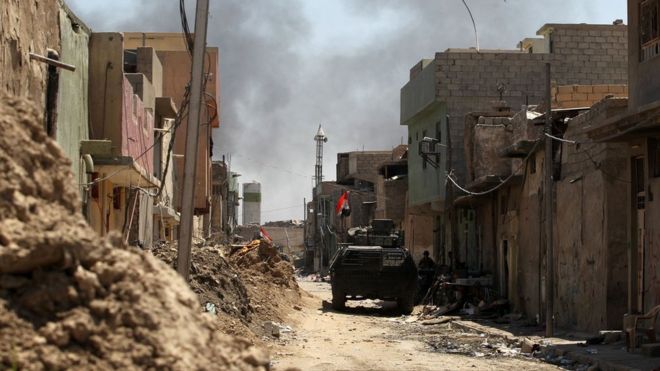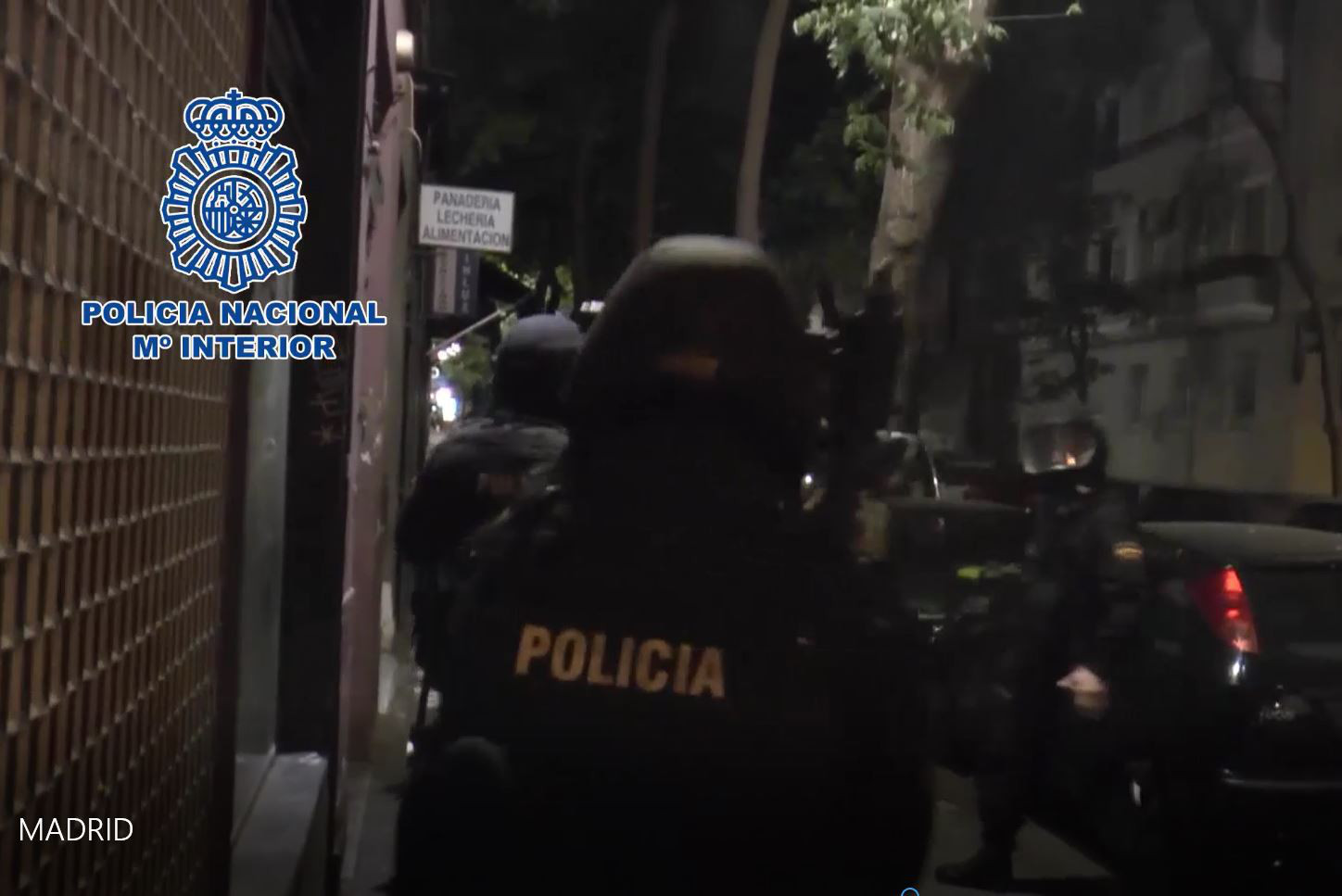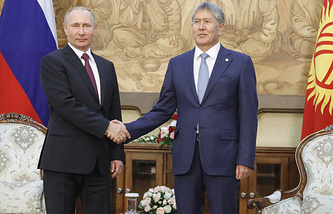Download PDF :


Financial Times (21 June 2017)
Fra i due litiganti, il terzo gode is a playful 18th-century opera about the amorous travails of a pair of aristocrats and their servants. The title loosely translates as “when two fight, the third delights” — and the buzz in Rome these days is whether the same might apply to Italian politics.
As Italy prepares for elections within the next nine months, Matteo Renzi’s ruling centre-left Democratic party and Beppe Grillo’s populist Five Star Movement are the main contenders: national opinion polls show them battling for first place with slightly less than 30 per cent each, far ahead of the rest of the field.
But might a third party — in this case the centre-right, possibly led by a resurrected Silvio Berlusconi, the former prime minister, or one of his allies — rise to power?
This month’s municipal elections showed centre-right candidates doing well in many cities. In Genoa, Mr Grillo’s hometown and a bastion of leftwing politics, Marco Bucci, a centre-right entrepreneur, prevailed comfortably in the first round. If he wins the run-off on June 25 it would offer evidence of a rightward drift in Italian politics that might be hard to ignore.
Many Italians abandoned the centre-right after its previous stint in government ended disastrously in 2011 amid sex scandals, a national debt crisis and Mr Berlusconi’s resignation. But those memories may be starting to fade.
To a significant chunk of the Italian electorate, Mr Renzi and the PD have been a disappointment, while Five Star looks too risky and incompetent for national office. This would leave the centre-right as a palatable protest vote in a country suffering from weak economic growth — despite the eurozone recovery — and continued pressure from the migration crisis.
Five Star certainly seems to fear a flight of its voters to the centre-right: it has demanded a halt to migrants arriving in Rome and is opposing a law granting citizenship to children born of foreign parents on Italian soil.
But if the centre-right is to be revived, it would require a difficult deal between Mr Berlusconi, now 80, and Matteo Salvini, the 44-year old leader of the rightwing Northern League. Mr Berlusconi has a long history of dealmaking with the Northern League over the past 25 years — but always from a position of relative strength. Now, they are more like equal partners, roughly at 13 per cent each in national polls, requiring compromises between two men who dislike each other.
The biggest hurdle would be to agree on a candidate for prime minister. It is unclear whether Mr Berlusconi aspires to that, and he is barred from running for office until 2019 after a tax fraud conviction, pending an appeal to the European Court of Human Rights due this year. But he would not want to see Mr Salvini as head of government. The search for a middle-ground candidate suitable to both could be troublesome.
Some substantial policy divisions would also have to be sorted out — chief among them Mr Salvini’s call for Italy’s exit from the euro. Although Mr Berlusconi has a strong eurosceptic streak and has said a “double currency” might be viable, he has not seemed willing to go down that route.
Yet on other fronts there is plenty of convergence, from their positions against immigrants to their economic policy platforms based on tax cuts and deregulation.
Italian voters may still balk. Five Star can easily depict the centre-right as part of Italy’s staid political system, and the ruling PD will say that a return of Mr Berlusconi or one of his associates could destroy the international credibility that Italy has painstakingly restored in recent years.
But as Mr Berlusconi keeps his very low profile of recent months, avoiding any mishaps and trying to position himself as an elder statesman, the prospect of il Cavaliere’s operatic return to political centre stage cannot be ruled out.
https://www.ft.com/content/e54625f6-529a-11e7-bfb8-997009366969
 MOSUL BATTLE: MINE BLAST KILLS FRENCH AND IRAQI JOURNALISTS
Iraq
21.06.2017
MOSUL BATTLE: MINE BLAST KILLS FRENCH AND IRAQI JOURNALISTS
Iraq
21.06.2017
 POLICE ARREST MAN WHO 'FITS PROFILE OF JIHADIST TERRORISTS IN EUROPE'
Europe - EU
21.06.2017
POLICE ARREST MAN WHO 'FITS PROFILE OF JIHADIST TERRORISTS IN EUROPE'
Europe - EU
21.06.2017
 PUTIN HOPES RUSSIA AND KYRGYZSTAN WILL REMAIN CLOSE ALLIES
Asia - Pacific
21.06.2017
PUTIN HOPES RUSSIA AND KYRGYZSTAN WILL REMAIN CLOSE ALLIES
Asia - Pacific
21.06.2017




























